Chronic Post Traumatic Stress Disorder | 5+ Must Know Tips
Chronic Post Traumatic Stress Disorder. Sounds like a mouthful. But it’s simple and more common than you think.
This post is all about chronic post-traumatic stress disorder.

Many have the predisposition that PTSD is a side effect that soldiers suffer from during their times in battle.
An ENORMOUS amount of our veterans are struggling with this, but it is also true that so many more of us also tussle with this pesky disorder.
First, what is chronic post-traumatic stress disorder? Well break it down,
Chronic = something that lasts for a long time
Post = after
Traumatic (trauma) = events/occurrences that caused severe physical, emotional, or psychological harm or injury
Stress = a state of mental or emotional strain or tension resulting from adverse or demanding circumstances.
Disorder = a state of confusion or disturbance in the normal functioning of something
So chronic post-traumatic stress disorder is a mental illness that can surface any time after experiencing tragedy causing unnecessary strain on one’s life for like a really long time.
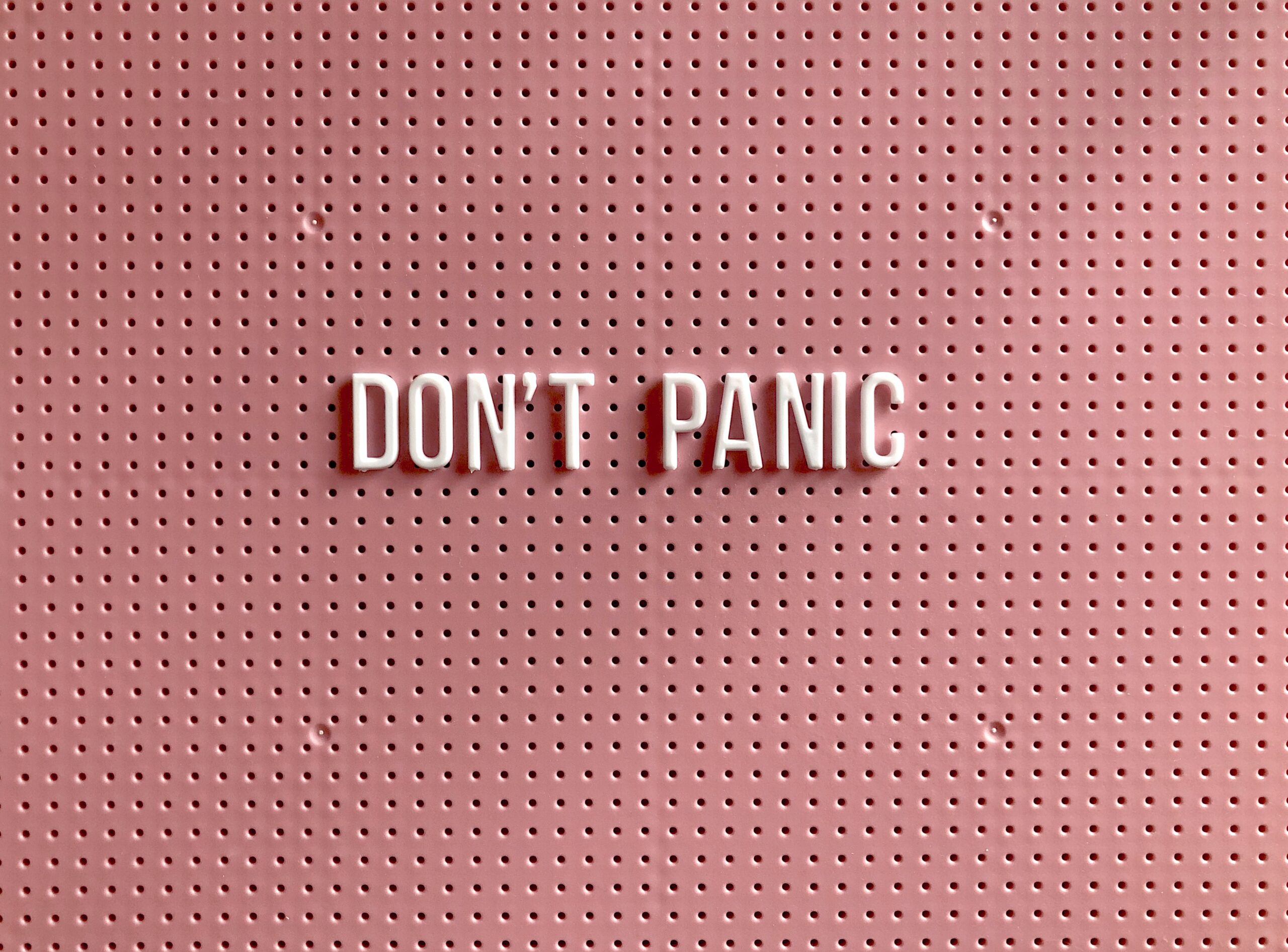
There are infinite possibilities and instances that can stir up PTSD.
A few examples of the things people could have endured that might stick around for a while include but are not limited to:
- Sexual assault
- Harassment
- Combat
- Natural disasters
- Vehicular accidents
- Witnessing or experiencing violence
Some pretty common instances, so why doesn’t everybody have this right?
Simply because you are you. You see what you see because it’s through your eyes.
Everyone has a different upbringing and background, so the perception of every event is going to be different. Things that disturb one person might not disturb the next. Hm. Sound confusing?
Here is an easy example, March 2020. The year of the Covid -19 pandemic. Ask yourself these things:
- Who were you with?
- What were you doing?
- When did you hear?
- Where were you?
- Why did you feel what you felt at that moment?
Now multiply those thoughts by every person on this planet that was affected by covid-19.
Holy crap right?
Chances are we all probably have a little bit of this going on. Some experiences may have been less traumatic than others but to some degree, we were all affected because this was a world tragedy.
The point is, each of our experiences was one of a kind yet all related in some way.

Some of us develop PTSD clear out of the blue.
One day comes along when you catch the scent of a particular fragrance, a certain tune passes by your ear, or a glimpse of a doppelganger that looks like someone you once knew.
Suddenly there’s a cinema in your head of that suppressed memory and the film rolls like it’s happening all over again.
Fear encompasses your entire body, and you have no idea what’s happening to you or why you feel like this.
So, you shake it off.
Time goes by and these types of full-body memories become more and more frequent.
“Flashbacks” of times when your life just wasn’t ideal. Those memories of being completely terrified, sick, lost, broken-hearted, or abused.
These types of reminders are sometimes referred to as triggers.
Triggers are the cause of emotional distress for someone that struggles with PTSD. Most times you have no idea what those things will be until you’re caught up in the storm.
For instance, we can refer to the pandemic.
To some, it could be the reminiscence of a loved one lost, the thought of putting on a mask, or not being able to leave your house. These visions and thoughts cause such a dis-ease in everyday life for so many people. Those of us who struggle with PTSD or perhaps are not aware they do may experience:
- Flashbacks
- Nightmares or night terrors
- Avoiding situations that could expose those memories
- The feeling of being numb
- The feeling of being detached
- Easily frightened
- Suicidal thoughts
- Anxiousness and anxiety
These memories and experiences become a part of you. You never lose memories. Your brain may trick you into believing that you have forgotten them, but the truth is they are locked deep down in there somewhere. Maybe you can’t access them when you want, nevertheless, they are there.
So how do we digest this?
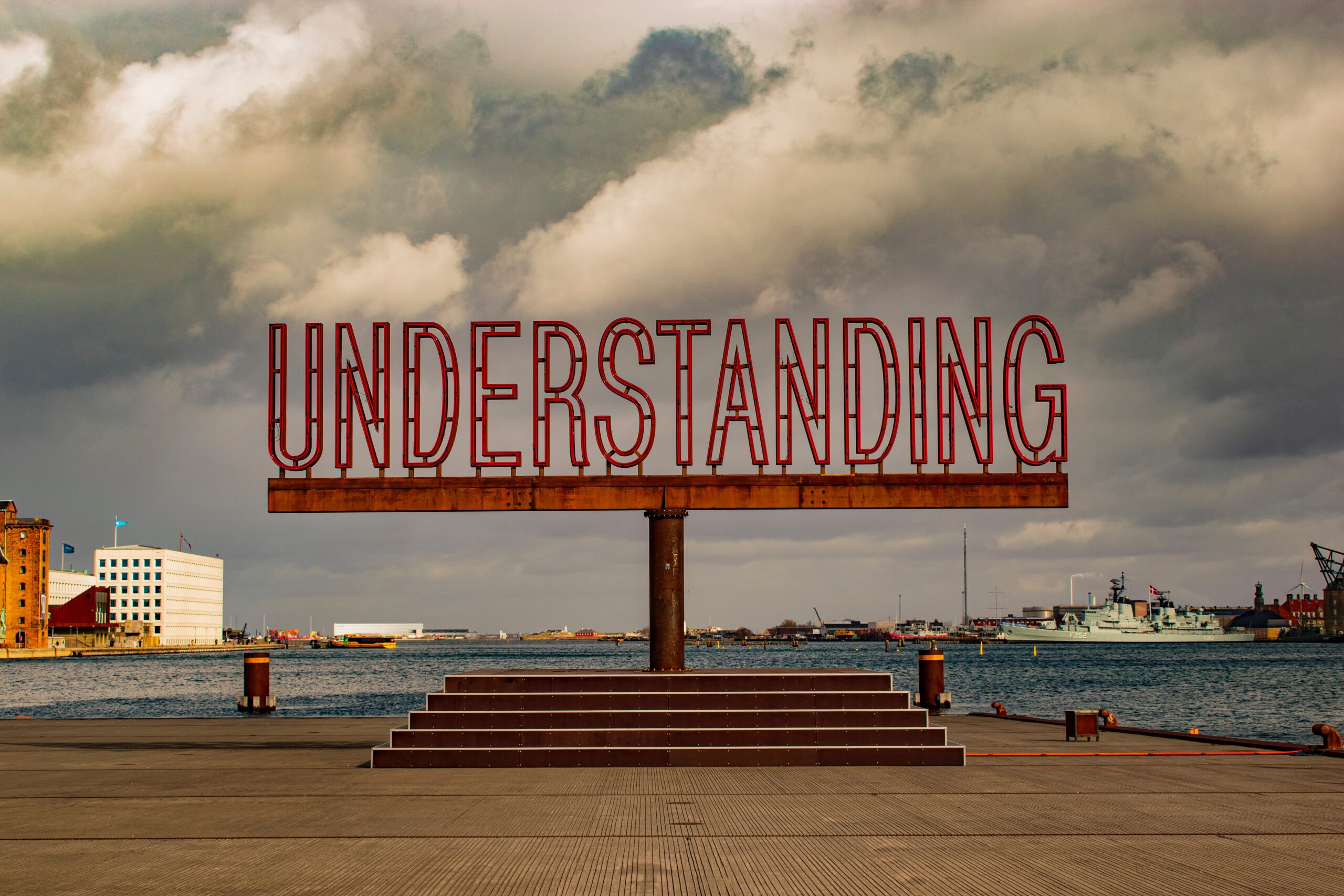
Understanding in stages. Learning and accepting that we all have individual needs because each situation is so uniquely different.
There are many methods you can use to power through your PTSD and any of the dirt that’s being kicked up.
Most importantly, spread love.
Spread knowledge and information you come across that you think may help someone’s state of mind. If you yourself are struggling with issues caused by PTSD don’t be afraid to speak up.
There are currently about 12 million people in the United States living with PTSD and that is only a small portion of those who have gone through a traumatic event.
Chances are, someone close to you is also struggling with the same issues. Find a way to relate to people. It is SO much easier said than done but the benefits reaped are SO much sweeter.
If you or someone important to struggle with PTSD here are some things that you should know
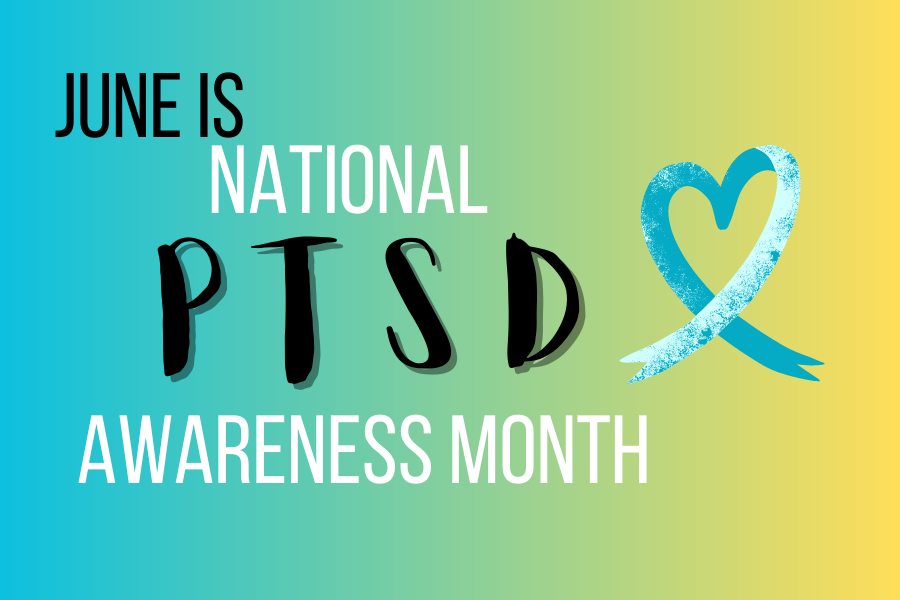
- June! June is PTSD awareness month. This gives you an opportunity to raise awareness and show support. If someone near you has PTSD you have the whole year of course but especially this WHOLE month to show them that you stand with them and understand.
- Patience and Encouragement. These go a very long way. Everyone heals at different paces. Being encouraging is most critical when a person’s state of mind is already in jeopardy. This vulnerability can cause someone to be unpredictable not only to you but to themselves so in addition, patience is a virtue and a must.
3. THIS WEBSITE: Anxiety Disorders and Depression Research & Treatment | Anxiety and Depression Association of America, ADAA
4. These 3 Numbers: 988.
This is the Suicide & Crisis Prevention Lifeline. Anyone that is in distress, having mishaps with mental health, or ANYTHING. You can call, text, or chat with them, 24 hours a day, seven days a week.
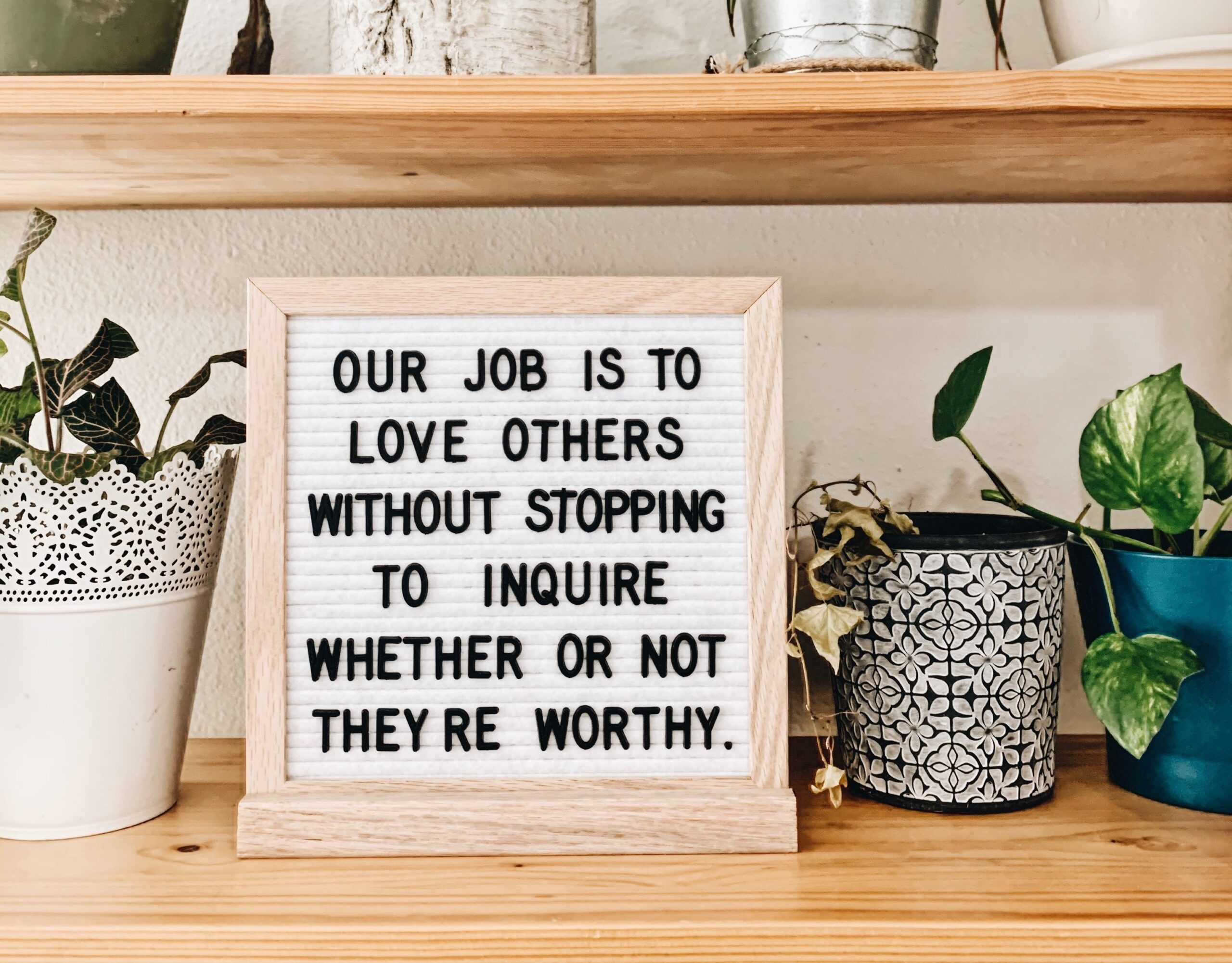 5. EMOTIONAL SUPPORT.
5. EMOTIONAL SUPPORT.
Take this and run with it. You don’t have to push anyone, you don’t have to spend money, and you don’t have to be a professional, just offer an open heart. Hear them out and offer your support on an emotional level. It’s priceless.
In conclusion, I hope this read was briefly informative and insightful. Opportunities will always present themselves to reach out and help others but ultimately the decision is in your hands. The more awareness that can be achieved when it comes to any cause, is when more real differences begin to happen. Treat every situation and person with care to the best of your ability. It’s really the most we can do.
This post is all about chronic post-traumatic stress disorder.
Posts you may also like:
Effects of Childhood Trauma |7 Eye-opening Effects Everyone Should Understand




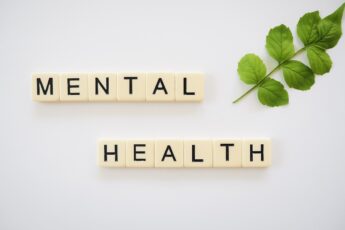


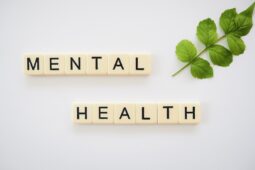




[…] Chronic Post Traumatic Stress Disorder | 5+ Must Know Tips […]
[…] 21 June 2023 […]